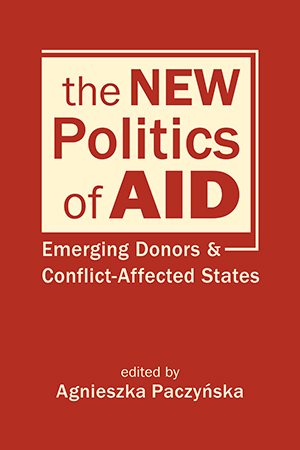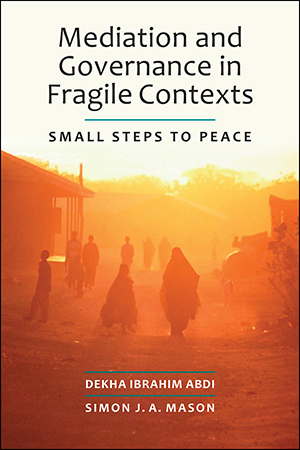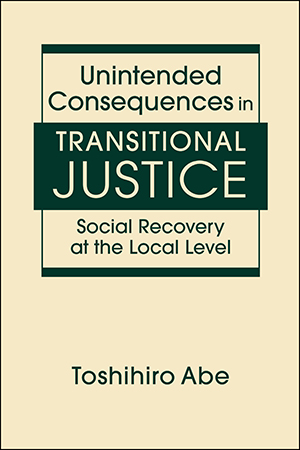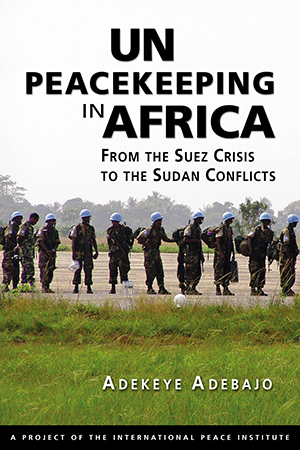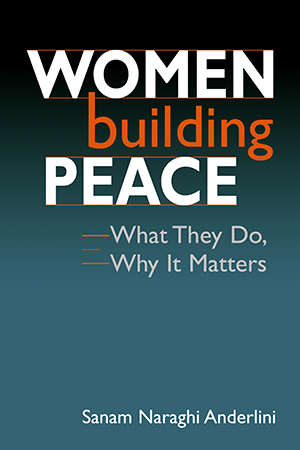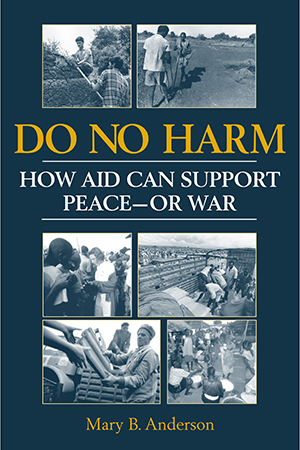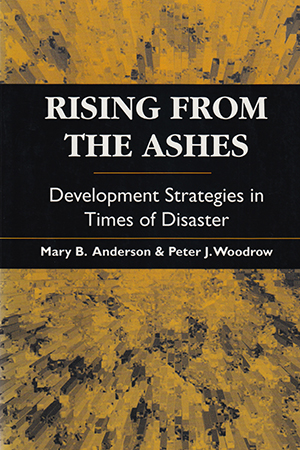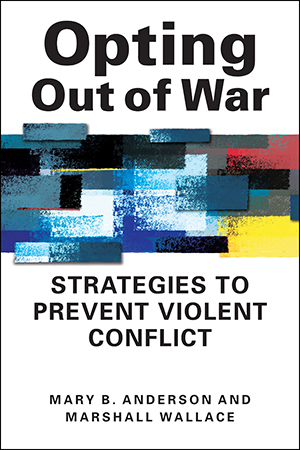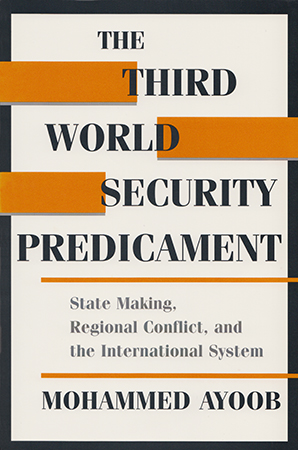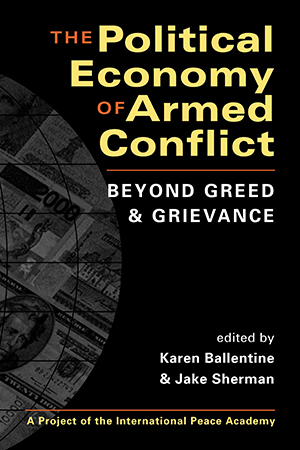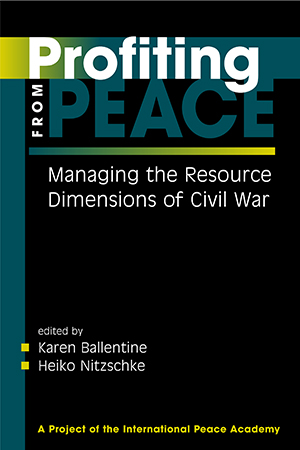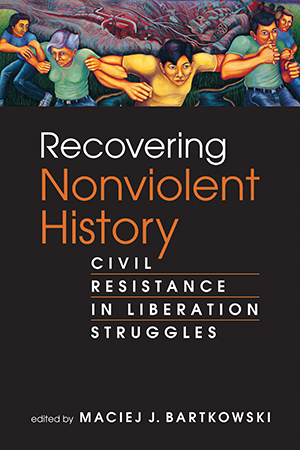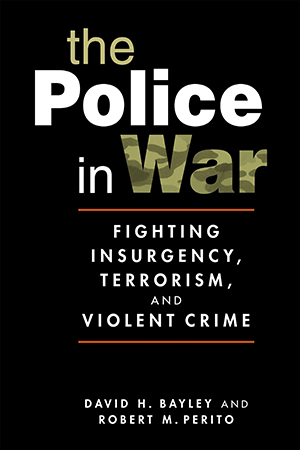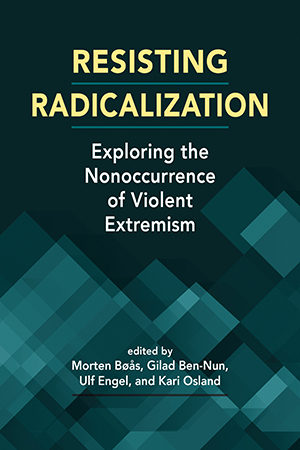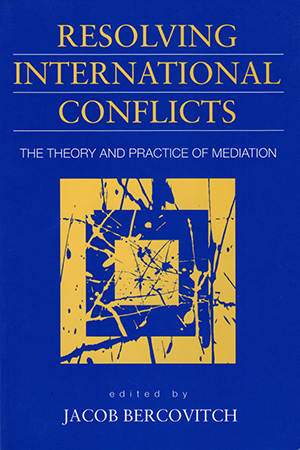Peace & Conflict
How do emerging donors conceptualize the relationship between security and development? How, and why, do the policies they pursue in conflict-affected states differ from the liberal More >
The result of a long collaboration between a Kenyan-Somali mediator and a Swiss scholar-practitioner, Mediation and Governance in Fragile Contexts introduces an innovative, practical More >
Though transitional justice has been hailed by many as the best path toward reconciliation and stability in postconflict and democratizing societies, criticisms of the approach also abound, More >
Nearly half of all UN peacekeeping missions in the post–Cold War era have been in Africa, and the continent currently hosts the greatest number (and also the largest) of such missions More >
How and why do women's contributions matter in peace and security processes? Why should women's activities in this sphere be explored separately from peacebuilding efforts in More >
Echoing the words of the Hippocratic Oath, the author of Do No Harm challenges aid agency staff to take responsibility for the ways that their assistance affects conflicts. Anderson cites More >
Drawing on case histories of emergency relief programs that have successfully promoted development, Anderson and Woodrow offer guidelines for fashioning assistance programs designed to More >
A Global Observatory Must-Read Book in Peace and Security! How do ordinary people, neither pacifists nor peace activists, come to decide collectively to eschew violent conflict and then More >
This book explores the multifaceted security problems facing the Third World in the aftermath of the Cold War. Ayoob proposes that the major underlying cause of conflict and insecurity in More >
Globalization, suggest the authors of this collection, is creating new opportunities—some legal, some illicit—for armed factions to pursue their agendas in civil war. Within this More >
Providing both a means and a motive for armed conflict, the continued access of combatants in contemporary civil wars to lucrative natural resources has often served to counter the More >
This unique book brings to light the little-known, but powerful roles that civil resistance has played in national liberation struggles throughout history. Ranging from the American More >
Frustrated efforts in both Iraq and Afghanistan give urgency to the question of how to craft effective, humane, and legitimate security institutions in conflict-ridden states—and More >
Precarious living conditions across the Balkans, the Middle East, and North Africa create fertile ground for radical ideas. Yet, despite genuine grievances and legitimate grounds for anger, More >
Mediation is rapidly becoming one of the most important methods of settling conflicts in the post-Cold War world, practiced by virtually every actor and dealing with every conceivable issue More >


